Is China's good fortune reversing?
Whether China can prove naysayers wrong and keep up its good national fortunes depends on solving old problems associated with restarting the mechanisms of the Soviet Union model, and tackling new problems arising from successful development.
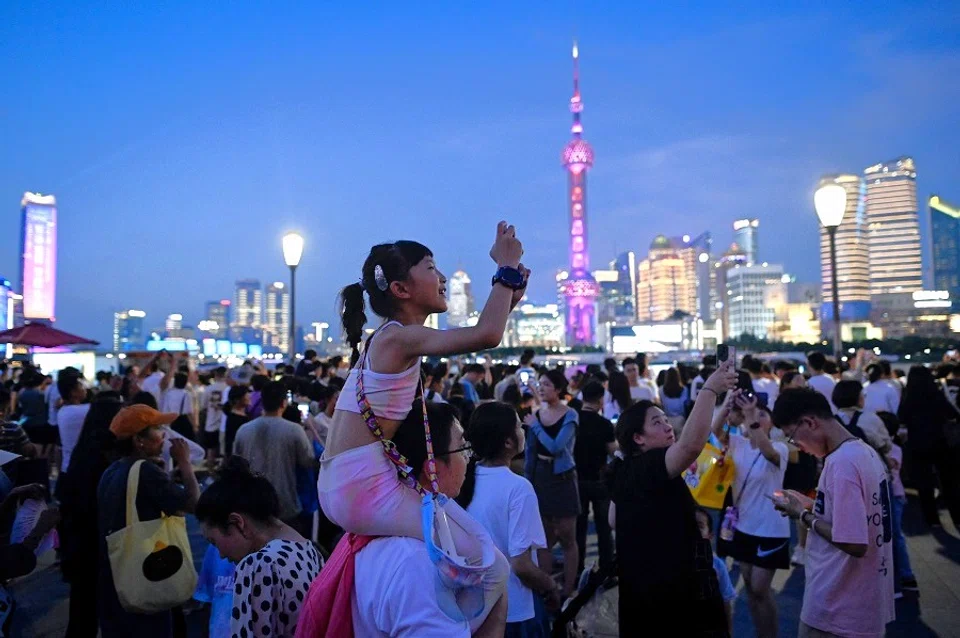
According to a view that has become popular in the West in the last few years, China's powerful rise has come to an end. Supposedly, China has peaked (the "Peak China" thesis), and the paper tiger is being revealed for what it is.
Needless to say, there are wishful thinkers, malicious parties and those who seek to muddy the waters among those who hold this view. But there is no lack of level-headed experts and scholars either. Articles in this vein have been published in periodicals marked by a clear political inclination (which are still relatively rigorous), such as The Atlantic, Foreign Affairs and The Economist. A well-known scholar went so far as to entitle her book Overreach: How China Derailed Its Peaceful Rise.
Many in the West even toast China's present leadership, believing that it is taking the rival state to a dead end and thus bringing the good times back on their side. In fact, within China itself, a sense of "we are in big trouble" is quite prevalent currently. So, are China's fortunes really reversing?
China's fortunes are, to a great extent, determined by the state of other countries and the world at large.
The discussion of China's fortunes is always linked to two other subjects: the rise of the nation and the rejuvenation of its people. Yet the meanings for "rise" and "rejuvenation" are vague, and more so for the "Chinese dream".
We usually refer to a country's "national fortunes" as the trends in its development that are influenced and defined by specific laws of social development and subjective and objective circumstances. However, China's rise has its peculiarities as it is accompanied by monumental changes of a century.
China's fortunes connected to the world
First of all, the rise of China is occurring in an age of close connections with other countries. China's fortunes are, to a great extent, determined by the state of other countries and the world at large.
Secondly, globalisation is going into reverse now, such that all political and economic models find themselves in unprecedented difficulties, while the ongoing new technological revolution is leading the human race into post-capitalism. A whole new form of human civilisation has yet to be created.
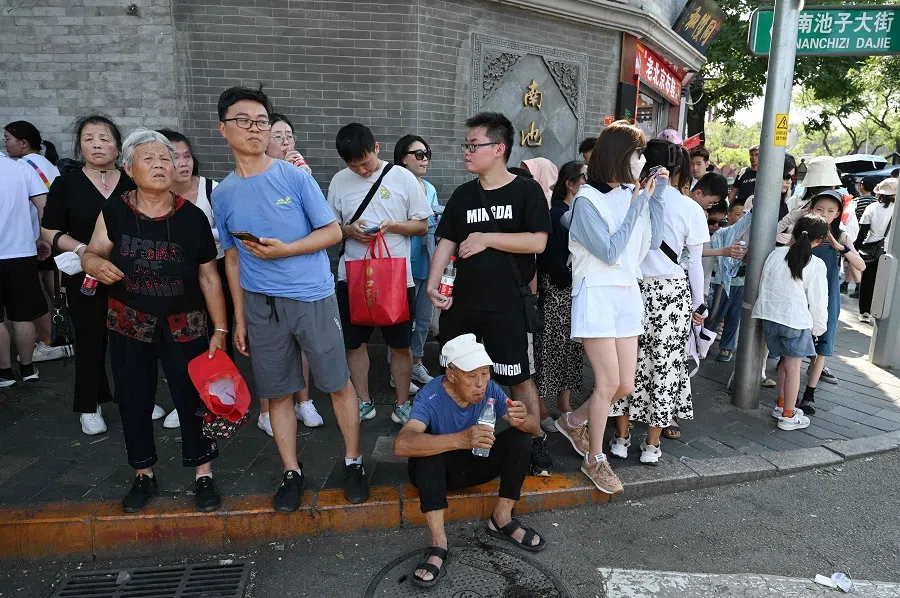
Thirdly, the world is currently at the beginning of the third Axial Age, which comes after Classical Civilisation, the Hundred Schools of Thought of pre-Qin China and the Renaissance in Europe. In other words, China's fortunes are no longer just about China. China has to be a groundbreaking pioneer and take human civilisation to the next level in order to truly rise up.
The factors in question may be divided into two categories: (1) old problems associated with restarting the mechanisms of the Soviet Union model; and (2) new problems arising from successful development.
China's problems old and new
Having achieved so much since its economic reform and opening up, China enjoys a host of advantages, such as being the world's second largest economy and the top consumer market; abundant labour and human resources; the vastness of land with rich produce; an excellent infrastructure; complete industrial, education and scientific research systems; a high level of technology; ample capital; political stability and a remarkable capacity for organisation and mobilisation, etc.
These ensure that China will never do too badly however bad its luck might be. But whether this country can truly rise up is a different question. Should China fail to rise or slide into decline, it would be a lengthy process of cumulation - not of poverty and weakness, but of defects and mistakes. Enumerating such unfavourable factors is not music to the ears of the Chinese authorities, but it is far more important to do so than singing praises.
The factors in question may be divided into two categories: (1) old problems associated with restarting the mechanisms of the Soviet Union model; and (2) new problems arising from successful development. These problems old and new constitute a matrix of negative factors that affect national fortunes.
Political system and party model stuck in Soviet times
China's economy and society have seen incredibly dramatic changes since its economic reform and opening up. Nevertheless, its politics - whether in terms of its structure, form of organisation or ideology - has never metamorphosed out of the Stalin model. Its party-building also still follows the old model.
With a monopoly on power, China's political system will unavoidably revert to some mechanisms that led to the fall of the Soviet Union. Theoretically, it is not impossible to imagine a complete return to the previous practices.
The former Premier Wen Jiabao understood this very clearly. He sounded a warning in the last press conference in his term of office: if there is no political reform, the achievements of the economic reform could be lost, and the Cultural Revolution could happen again.
The new leadership of the Chinese Communist Party (CCP) has since put forth the slogan "staying true to our original aspiration". This seeks to rein in the ills of the old system with a "new deal", specifically via anti-corruption, as well as the reinforcement of discipline, institutions and ideological faith.
Unfortunately, it did not transcend the confines of measures adopted by the Soviet Union and during the Mao era. The temptations of the market economy are also far stronger than those of the planned economy. It is therefore unsurprising that the various ills of the past have come back and are, in fact, worse than before.
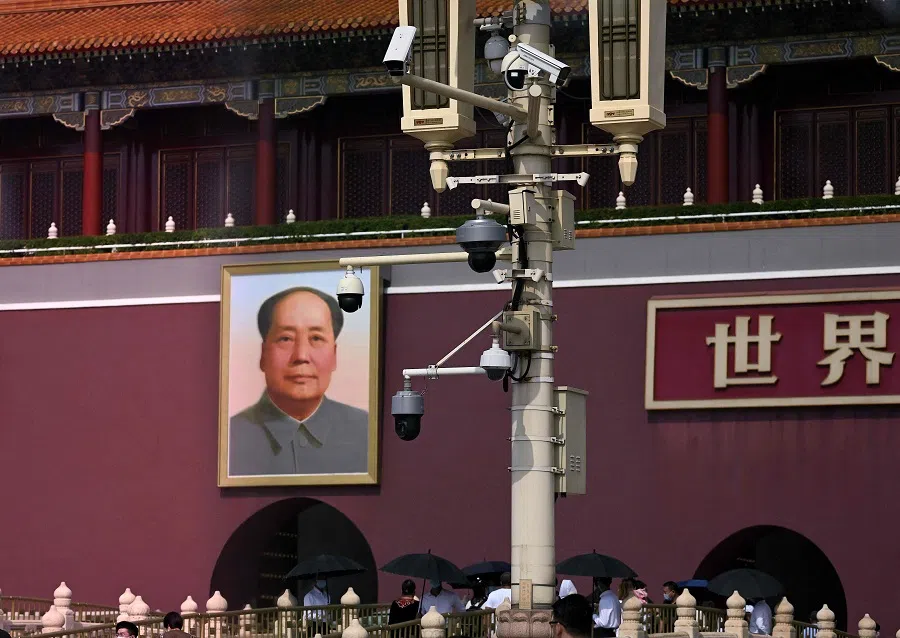
(I) The Stalin curse
The concentration of power, personality cult, formalism, bureaucratism, currying favour, the trinity of "untruths, big talk, empty words", special privileges enjoyed by the cadres, jockeying for favour, snitching and so on - we are seeing the resurgence of all these in recent years.
Even the top-priority thrust of the "new deal" - i.e., large-scale, perpetual anti-corruption - is not making substantive progress. The recently exposed corruption in the healthcare system is harrowing, for it indicates that the building of the anti-corruption system over more than ten years has been pretty much an exercise in futility. Corrupt elements are still brazenly getting their own way.
The creed of "serving the people" is powerless against the temptation for leading cadres to ride roughshod over the people, which stems from the system of concentrated power. With total subservience to the higher-ups, detachment from the masses becomes a habitual pattern of behaviour.
"Centralised and unified leadership" with its emphasis on discipline, rules, loyalty etc. is problematic, however, in the age of innovations amid momentous upheavals...
Notably, the Stalin model had its origins not only in Lenin's vanguard party, but also in Russia's tradition of czarist autocracy. This has a strong parallel in China. Imperial China was also structured on a rigorously hierarchical, top-down rule akin to shepherding. That was viable with an agrarian civilisation since everything was in an ever-repeating cycle, such that variations and innovations were very rare and slow.
"Centralised and unified leadership" with its emphasis on discipline, rules, loyalty etc. is problematic, however, in the age of innovations amid momentous upheavals, because it is dictated by a conservative will to power. The role of the government should be to unleash social creativity maximally, not to be a "shepherd" of the populace.
Solution: break out of the vanguard party model, and institutionalise the implementation of "putting the people in charge".
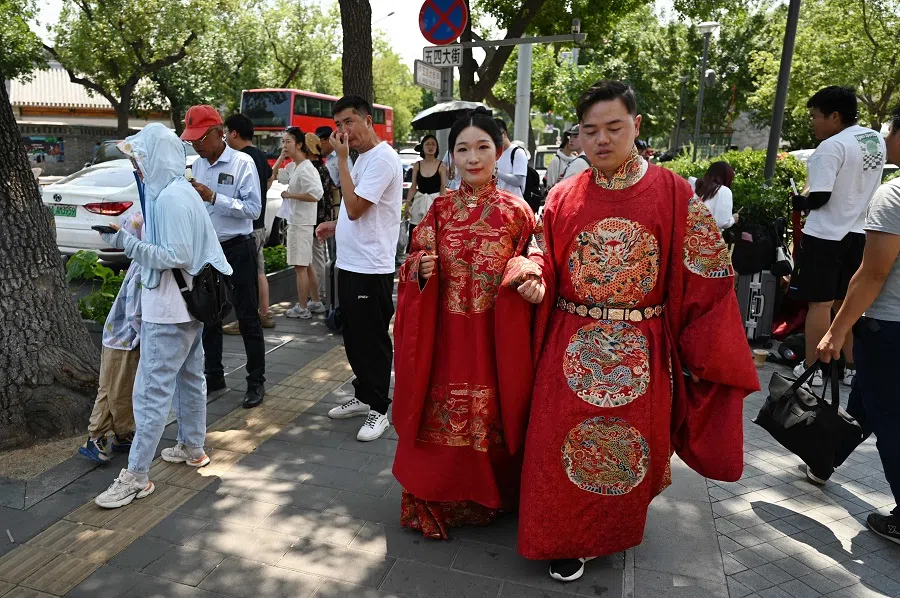
(II) Ideological misalignment
Neither Marxism-Leninism nor Mao Zedong Thought is able to direct the market economy. The ever-evolving new technological revolution throws into question not only historical materialism's laws of human social development, but also the objective nature of matter itself (as shown, for example, by quantum mechanics) and even the prospects of human evolution.
The old ideology restricts the growth and maturation of market players, stirs up the class struggle, threatens social stability, plunges China's reform into a predicament and fails to draw true lessons from the Cultural Revolution and other leftist mistakes.
In the prolonged left-vs-right quarrelling it gives rise to, the left criticises the ills of capitalism and yet cannot produce any viable alternative, while what the right advocates tend to be divorced from China's realities. The result is pointless internal friction, preventing the emergence of a national common understanding, which China urgently needs.
Solution: start anew to build a theoretical system for post-capitalism.
(III) The worsening of the international environment
If the new Cold War is only restricted to a US-China struggle for supremacy, it could be attributable to the rise of China. However, if it unites a united front of democratic nations, then it is actually anchored on a judgment of China's nature, not merely about competing for interests and power.
Once ideals and identities are involved, the face-off between China and the West will become a long-term state of affairs, bringing about endless difficulties and obstacles for the rise of China.
Solution: present a new face of socialism to the world.
The highest echelons at the helm need a constant flow of new blood. For this to happen, China has to design a better system.
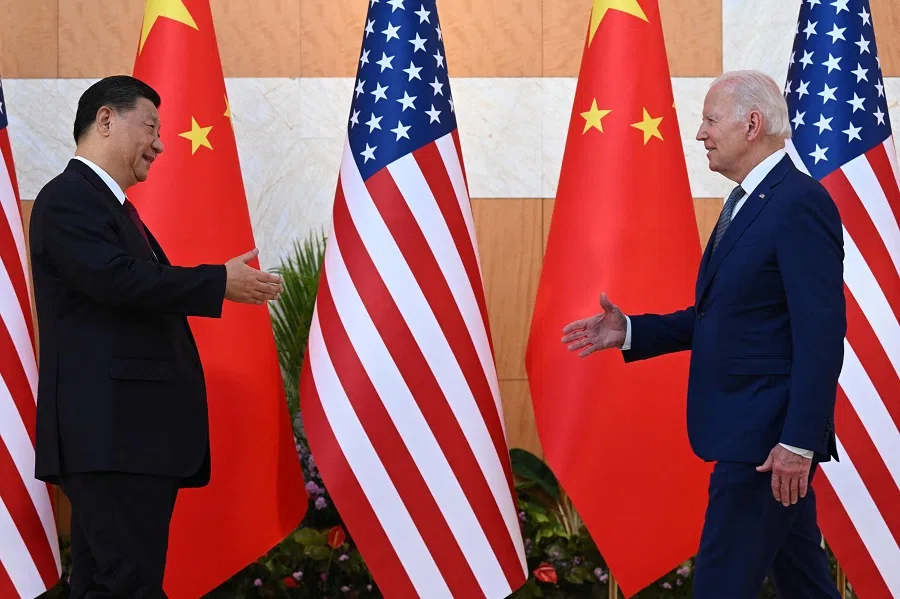
(IV) The decline of leadership
Being in power for a long time is bound to lead to declining leadership. Putin's decision-making for the war in Ukraine is the latest demonstration. The "great leader model" is at odds with the present age of complexities and momentous upheavals, because no individual is all-capable. In addition, the character of repressive-type leaders can lead to the repression of the vitality of society as a whole.
Being in power for a long time causes a leader to be divorced from reality and become opinionated and headstrong, partly because he or she has surrounded himself or herself with a whole lot of yes-men. This makes incoming information unreliable, and the leader feels good about himself or herself, oblivious to the precarious situation all around. The highest echelons at the helm need a constant flow of new blood. For this to happen, China has to design a better system.
Solution: set term limits and build intra-party democracy.
How may the CCP's five million grassroots organisations be converted from being mere tools for the higher-ups to innovating units? The answer to that question is the key to the transformation of the Leninist party.
(V) The lack of innovation capacity
This was one of the main reasons why the Soviet Union model could not compete with capitalism. Due to the form of its organisation, there can hardly be any primary impetus for true innovation within a vanguard party, because what the party emphasises is discipline and loyalty to the higher-ups. The engine and vibrancy of innovation is perpetually never on the government's side.
Unfortunately, the CCP is accustomed to concentrating the creativity of the entire society in the government, as seen in the so-called "whole-nation system". The achievements of such a set-up are limited and isolated. Only innovation by the people is unlimited.
Although the full coverage of the party's organisations may help to maintain social stability, it is also repressive for society. How may the CCP's five million grassroots organisations be converted from being mere tools for the higher-ups to innovating units? The answer to that question is the key to the transformation of the Leninist party.
Solution: let go.
New problems that have come with development
There is a need, as discussed above, to prevent the restarting of old mechanisms from bogging China down in its rise. That aside, there are also a series of new problems that have come with the success of economic reform and opening up. They too hinder national rejuvenation.
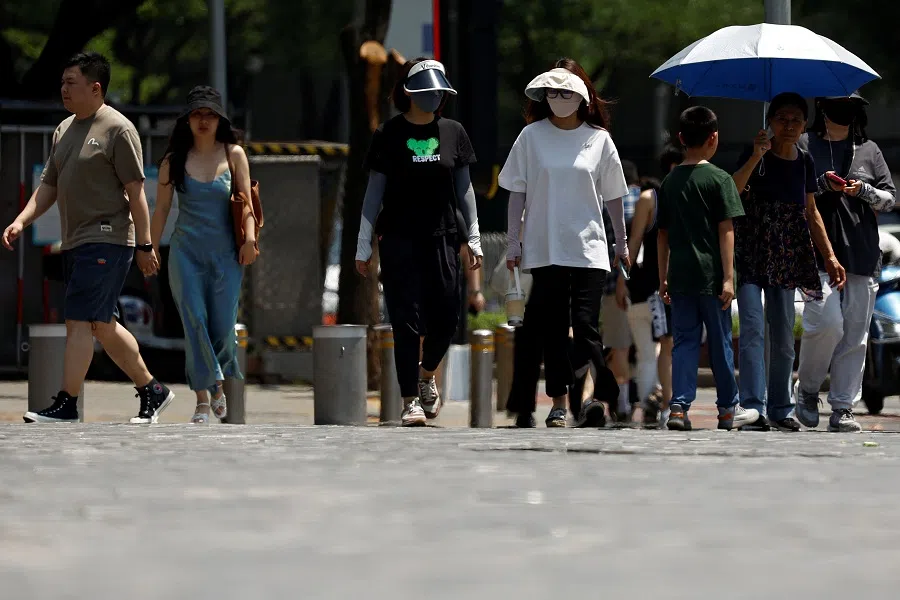
(I) Raging nationalist sentiments
Leaping from low self-esteem to hubris and masking the former with the latter is all too human. If the Chinese are so encouraged by accomplishments on their part as to regress to the old "Celestial Empire" mentality, indulging in the perception of being an all-so-mighty nation, such that they stand still in self-satisfaction and self-inflation, they would be hindering their own progress.
Another pitfall of human nature here is a militant spirit that pits "us" against "them". People with a strong pride easily get into conflicts with others. The same is true when it comes to national pride.
Solution: a mature society and citizenry.
Instead of highlighting "Chinese characteristics", it is better for it to underscore humanity's common values as well as solve the problems common to all of human race.
(II) International approval
International identity politics is based not on material interests, but on grouping on the spiritual level.
The rise of China is that of a heterogeneous civilisational power, so it is an arduous mission in the long term for this country to shake off its identity as an "alien" and win international approval. Instead of highlighting "Chinese characteristics", it is better for it to underscore humanity's common values as well as solve the problems common to all of human race.
If China reverts to the failed, detested, old socialism (detested because it was contrary to human nature), it is bound to not gain approval. While the idea of the "Chinese threat" is to some extent based on a misreading of China, one very important reason behind such misreading is actually the way the CCP defines itself. After all, the party has skewed so far as to make itself associated with the Soviet Union model.
Solution: universal values.
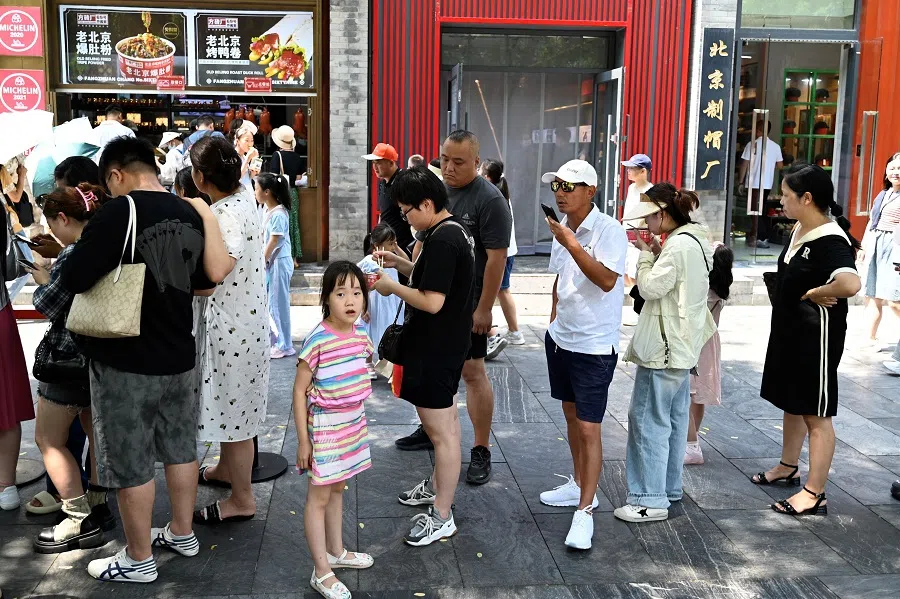
(III) The transformation of the growth model
The train of China's rapid rise is, to a great extent, pulled by the locomotive of American innovation. China's innovating companies, such as Weibo, Weixin, Baidu, Alibaba, Didi Chuxing and JD.com, are all based on an American model.
Huawei hired a whole IBM team to teach it management. Products of America's powerful capacity for R&D (such as iPhones) moved to China once they reached the mass production phase. We may call this the "wolf-and-bei (狈) collusion" model as a twist on a Chinese idiom. The bei is supposed to be a canine creature with short forelegs and long back legs, whereas the wolf has long forelegs and short back legs. When the two animals partner up, they make up for each other's deficiencies and thus are able to hunt better together.
Now that its "forelegs" (courtesy of the US) are gone, can we still expect China to walk on its "back legs"? It is easier for the US to grow its own "back legs" (i.e., through the repatriation of manufacturing) since the need for labour is minimal in high-end manufacturing. But for China to grow the "forelegs" of innovation, it must implement fundamental reforms in its institutions, culture and power structure.
Solution: learn from the US.
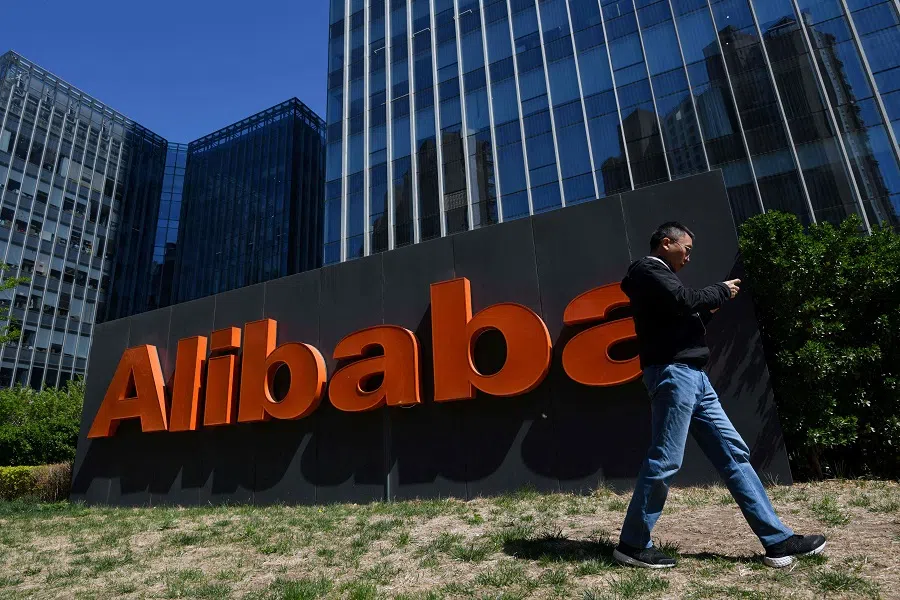
(IV) The coming of the tangping ("lying flat") age
When the standard of material life reaches a certain level, consumption enters the elastic range, so to speak. Actual consumption may linger on the lowest level or come close to the upper limit. It depends to a great extent on what the society and culture are like.
In any case, consumption level has a huge impact on the consumer market, and determines whether the economy expands or contracts. In East Asian culture the bottom line can be much lower than those in the Western countries. For China, the figure can dip down further, especially given the fact that a large part of the Chinese population has just emerged from poverty, and so the breadline here is far lower.
The reason Japan's "lost 30 years" do not cause social unrest is that material production can still maintain a standard of living satisfactory for the general populace despite low or even negative growth. This enables large swathes of the population to adopt a tang-ping way of life, especially when the involution of the labour market causes numerous ordinary folks to lose the desire or ability to join the rat race.
As the level of welfare provided by the state gets higher, tangping becomes more and more appealing. In China, young people also have the option of feeding off the elderly.
Solution: reinvent socialism.
Merely the best of the less?
The current problems facing China are part of a larger global pattern of problems, and much of the root of these problems is not in China itself. China can even be thought of as the "best of the less" in a time when everyone is "less". But outdoing others in terms of quantity rather than quality means China is neither truly "rejuvenating" nor "rising". Let's not forget that Qing China's GDP before the Opium War was one-third of the global total, a much greater proportion than that of the US today.
Now that both capitalist economy and democracy have failed to solve the problems at hand, a new way must be forged. While there is hope for China to take the lead, deep reforms are necessary to eradicate the lingering defects from its old system.
This article was first published in Lianhe Zaobao as "再探中国国运".
Related: Chinese politics is undergoing great change | Why is China struggling with identity politics both within and outside the nation? | Can China move away from a 'small society mentality' and build a sustainable big society? | Is China ready to lead? | CCP's official ideology may be hampering China's rise





